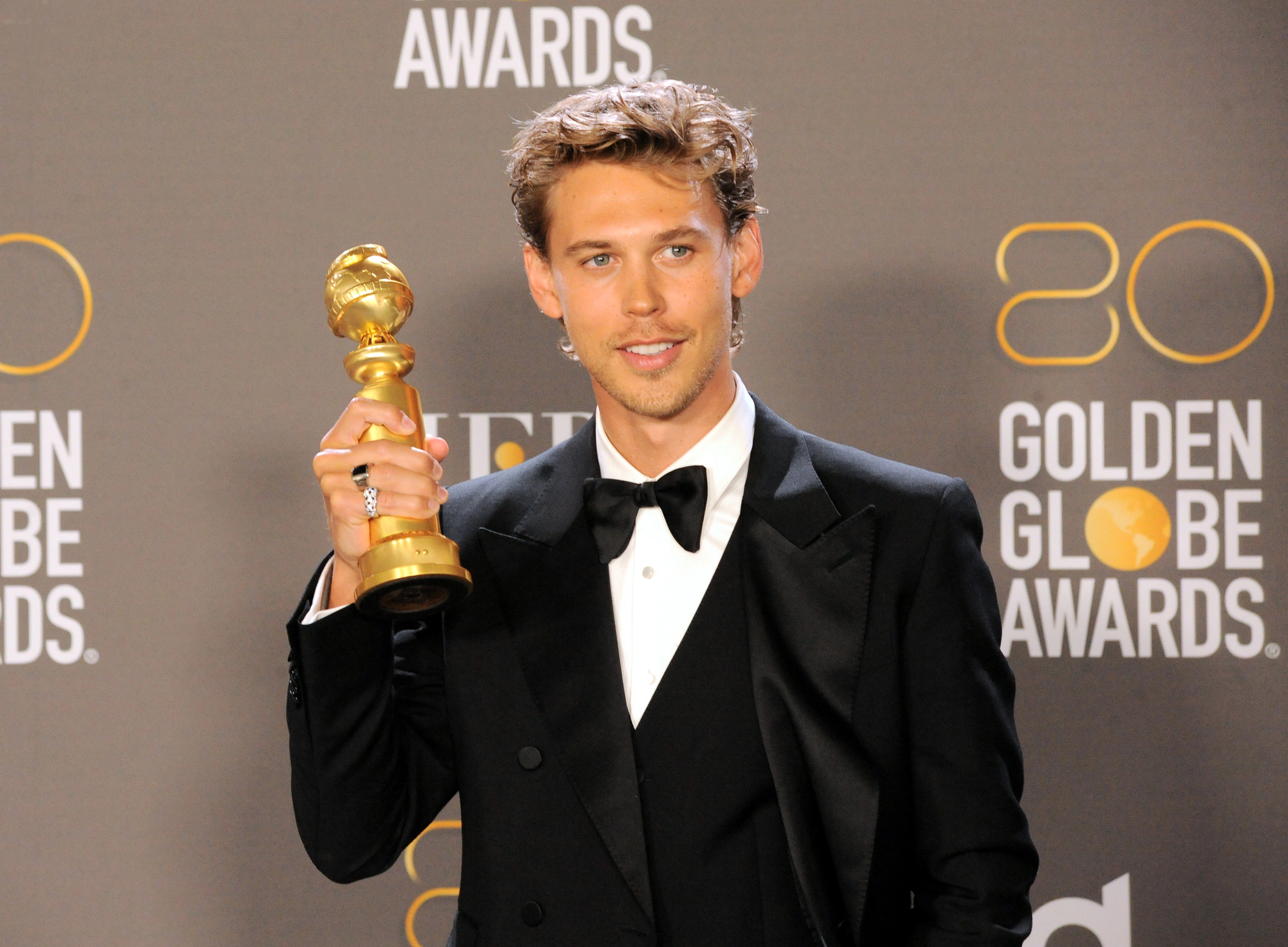Best Actor in a Comedy: A Historical Guide to Spotting Golden Globe Favorites

The Golden Globe Awards have long celebrated excellence in comedic performance through their Best Actor in a Motion Picture – Musical or Comedy category. Unlike the Academy Awards, which merged drama and comedy into a single acting category, the Hollywood Foreign Press Association has maintained this distinction since 1951, creating a unique space for recognizing the art of comedic acting. Understanding the historical patterns and preferences of Golden Globe voters can provide valuable insights into what makes a winning comedic performance.
The Evolution of Comedy at the Golden Globes
The Best Actor in a Comedy category reflects the changing landscape of American humor over seven decades. In the 1950s and 1960s, winners often came from traditional Hollywood comedies and musicals, with performers like Danny Kaye and Jack Lemmon establishing early precedents. The category has since evolved to encompass everything from romantic comedies and musical films to dark comedies and dramatic works with comedic elements.
The Golden Globes’ definition of “comedy” has always been notably flexible, sometimes controversially so. Films like “The Martian” and “Vice” have competed in comedy categories despite their dramatic undertones, highlighting the HFPA’s willingness to interpret genre boundaries liberally. This flexibility has created opportunities for actors to win for performances that might not traditionally be considered purely comedic.
Patterns in Winning Performances
Several distinct patterns emerge when examining historical winners in this category. First, the Golden Globes consistently favor performances that blend comedy with genuine emotional depth. Winners like Robin Williams for “Mrs. Doubtfire,” Jim Carrey for “The Truman Show,” and Ryan Gosling for “La La Land” all delivered performances that made audiences laugh while touching on deeper themes of identity, reality, and ambition.
The HFPA also shows a marked preference for physical comedy and transformative performances. Actors who undergo significant physical or emotional transformations for their roles often find favor with voters. This explains victories for performers like Dustin Hoffman in “Tootsie,” where cross-dressing became a vehicle for exploring gender dynamics, or more recently, Rami Malek’s portrayal of Freddie Mercury in “Bohemian Rhapsody.”
Musical performances carry particular weight in this category. The Golden Globes’ inclusion of musicals alongside comedies creates a unique advantage for actors who can sing, dance, or perform in musical contexts. Winners like Hugh Jackman for “Les Misérables” and Ryan Gosling for “La La Land” benefited from this musical component, demonstrating the HFPA’s appreciation for multifaceted performances.
The Star Factor and Industry Politics
Golden Globe voting often reflects broader industry dynamics and star power. Established comedic actors frequently receive recognition that might elude them at other awards ceremonies. The HFPA has historically been more willing to honor pure entertainment value, sometimes favoring charismatic performances over technically perfect ones.
Celebrity appeal plays a significant role in Golden Globe outcomes. The ceremony’s reputation as a more relaxed, party-like atmosphere compared to the Oscars extends to its voting patterns. Actors known for their charm and likability often perform well, regardless of whether their films achieve critical acclaim or box office success.
The international composition of the HFPA also influences voting patterns. Performances that resonate globally or feature international themes sometimes receive unexpected recognition. This international perspective can benefit actors in films that might not register strongly with purely American voting bodies.
Genre Flexibility and Strategic Positioning
One of the most crucial factors in Golden Globe comedy success is strategic category placement. Distributors and publicists carefully consider whether to campaign their films as dramas or comedies, often choosing the comedy category for perceived weaker competition. This strategic positioning has led to some surprising wins and has made the comedy category something of a catch-all for films that don’t fit neatly into dramatic categories.
The comedy category often serves as a consolation prize for dramatic actors whose films wouldn’t compete successfully in the drama category. This has resulted in wins for performances in films like “Green Book” and “Once Upon a Time in Hollywood,” which stretch the definition of comedy but provide recognition for worthy performances that might otherwise go unawarded.
Predicting Future Winners
Understanding Golden Globe patterns can help predict future winners in the comedy category. Successful predictive strategies focus on several key indicators. First, look for performances that combine humor with emotional resonance, as the HFPA consistently rewards actors who make audiences both laugh and feel.
Second, consider the star power and likability factor of nominees. Actors making their first serious bid for recognition, veteran performers due for recognition, or those experiencing career resurgences often benefit from Golden Globe voting patterns. The HFPA’s tendency to spread recognition around rather than repeatedly honoring the same performers creates opportunities for unexpected winners.
Third, examine the musical or transformative elements of performances. Actors who sing, dance, or undergo significant physical transformations for their roles maintain historical advantages in this category. The spectacle and entertainment value that such performances provide align well with the Golden Globes’ emphasis on celebrating Hollywood glamour and showmanship.
The Impact of Cultural Moments
Golden Globe comedy winners often reflect broader cultural moments and social conversations. The HFPA has shown willingness to use the comedy category to make statements about representation, social issues, or industry trends. Performances that capture zeitgeist moments or address contemporary issues through comedy frequently receive recognition.
The category has also served as a platform for recognizing diverse voices in comedy, with winners representing various backgrounds and comedic traditions. This pattern suggests that future winners may continue to reflect Hollywood’s evolving understanding of what constitutes worthy comedic performance.
The Golden Globe Best Actor in a Comedy category represents a unique space in awards season, celebrating the often-undervalued art of comedic performance while maintaining enough flexibility to honor a wide range of acting achievements. Historical patterns reveal preferences for emotionally resonant performances, transformative acting, musical elements, and star power, all filtered through the international perspective of the HFPA.
For industry observers and awards predictors, understanding these patterns provides valuable insight into Golden Globe preferences. However, the category’s inherent unpredictability and the HFPA’s willingness to surprise ensures that the Best Actor in a Comedy award remains one of the most interesting and difficult to predict categories in major awards ceremonies. As comedy continues to evolve and diversify, so too will the Golden Globes’ recognition of comedic excellence.






